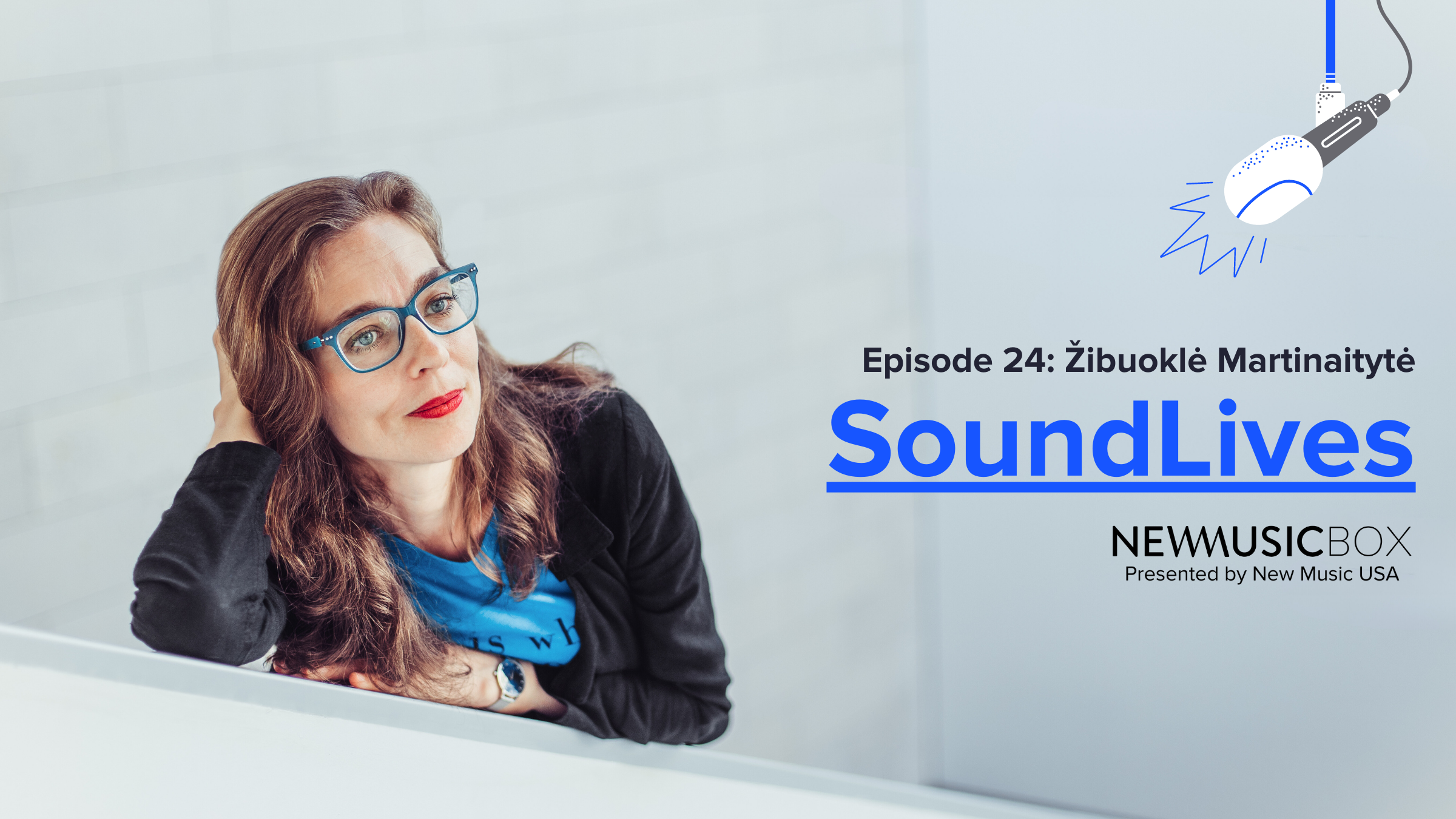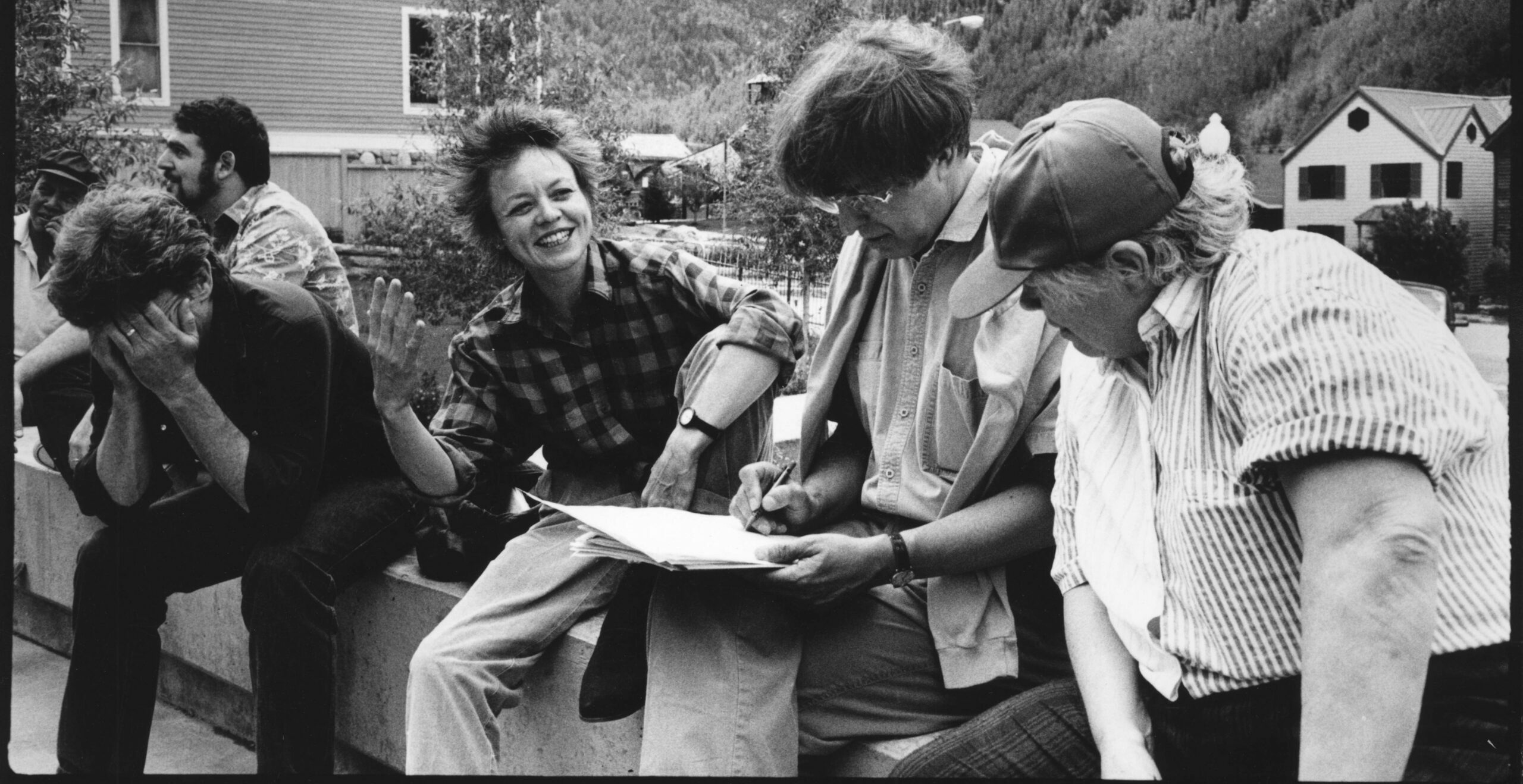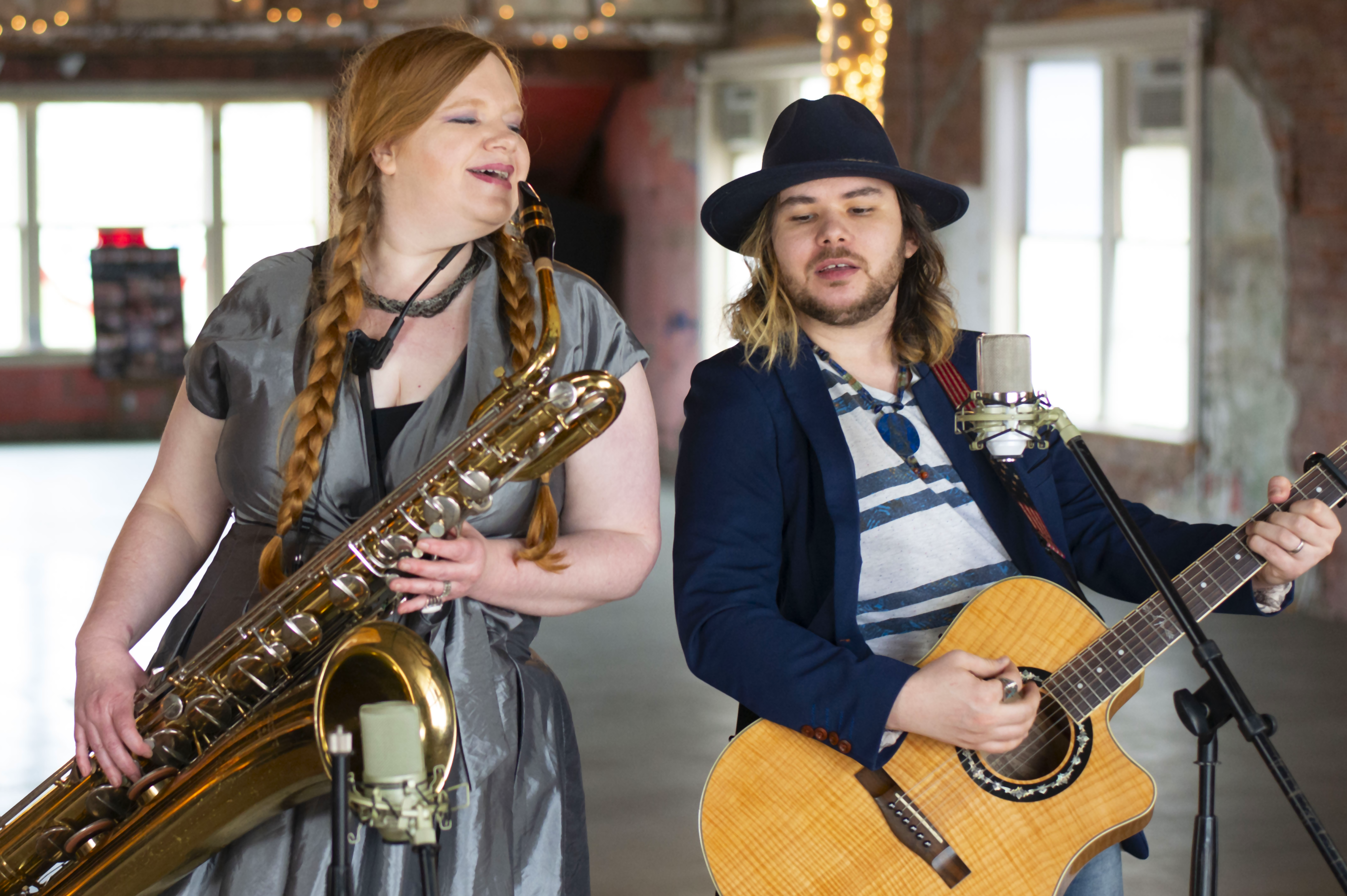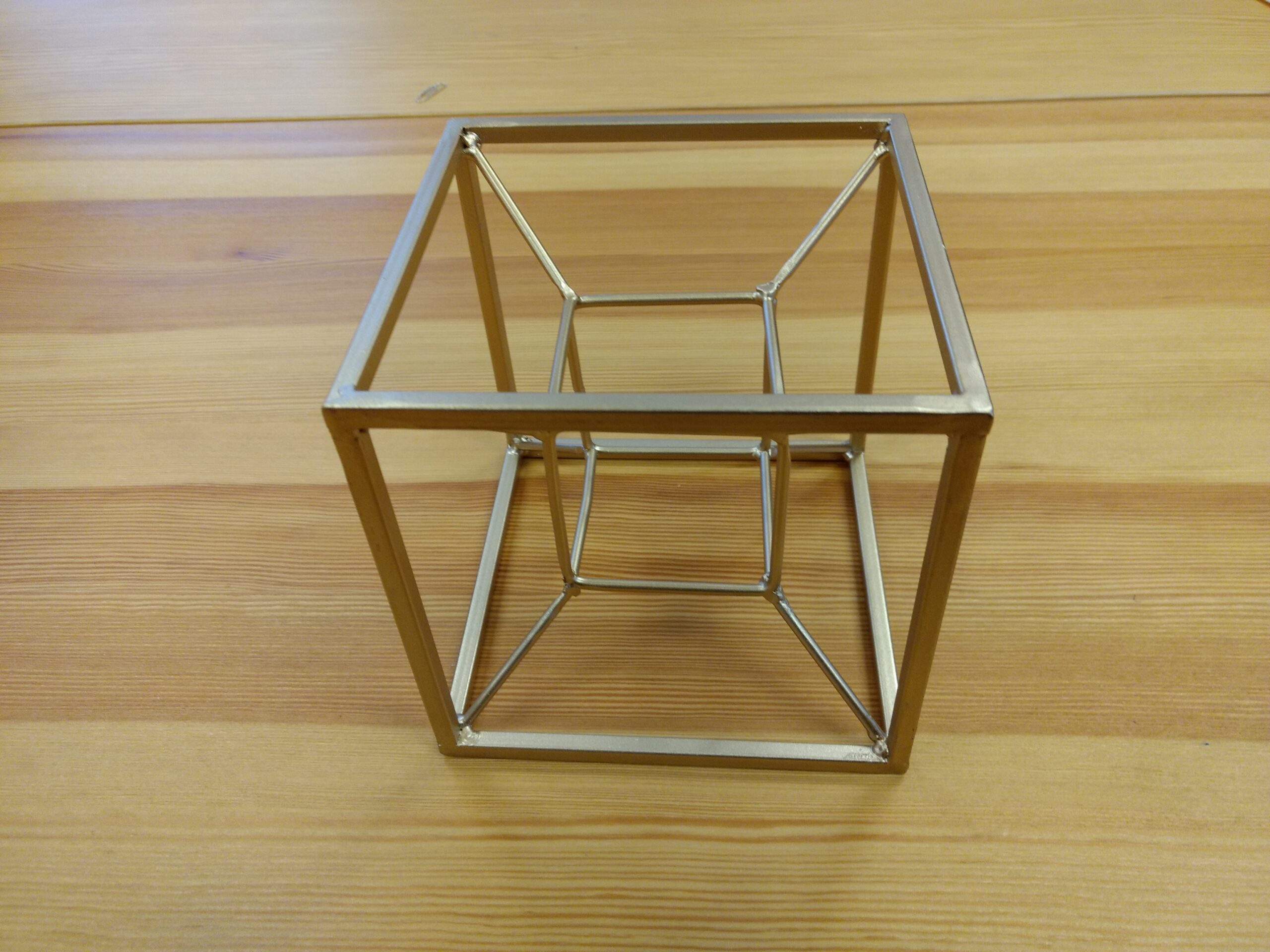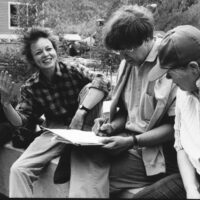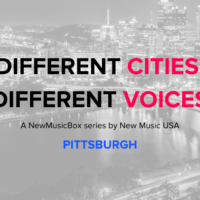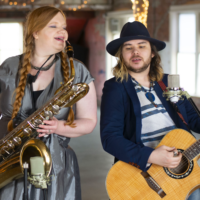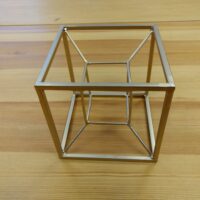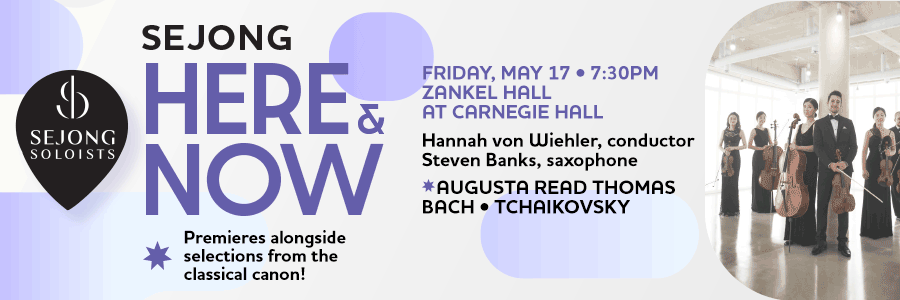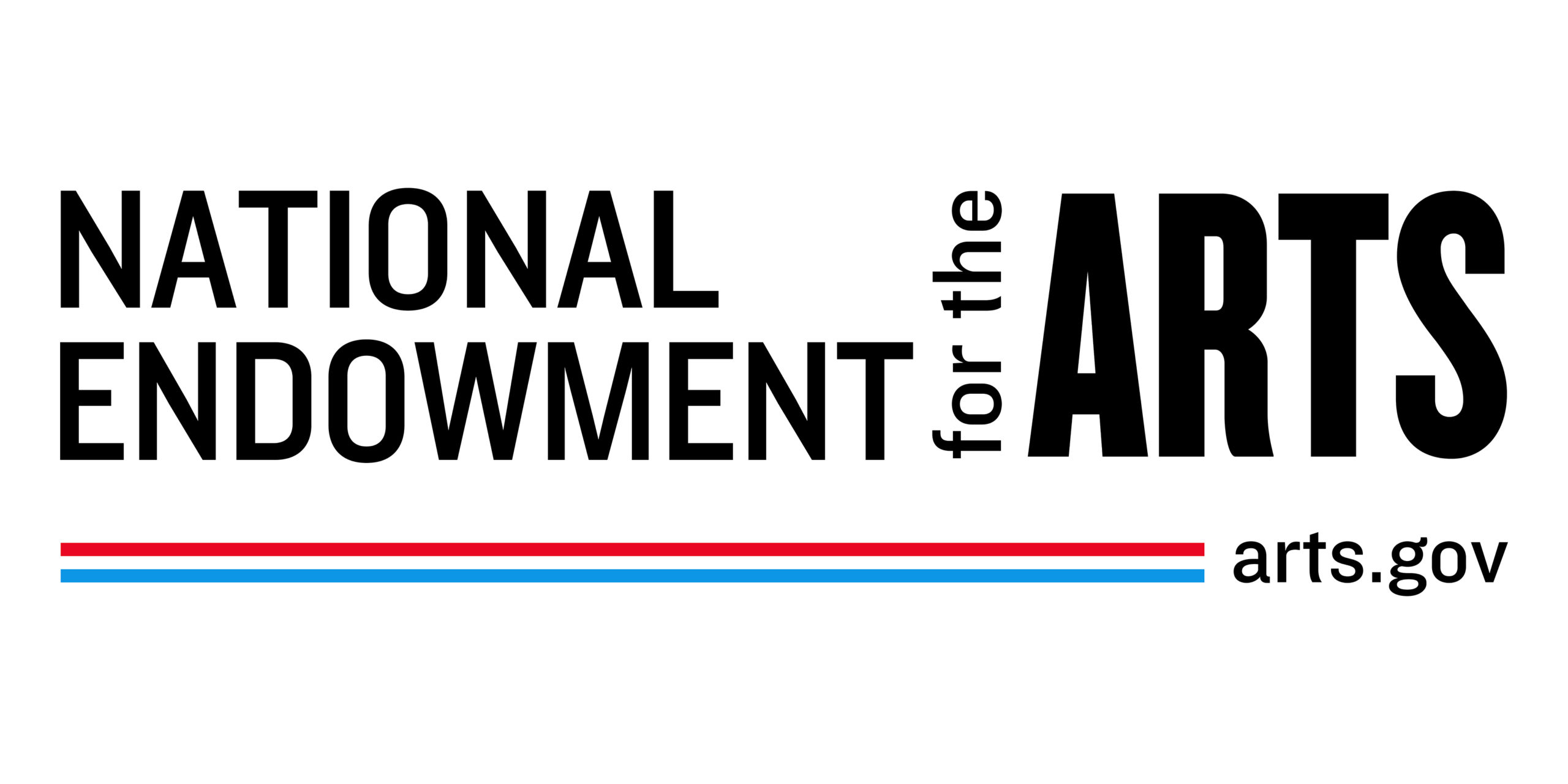
The best teachers know that their truer calling is to engage aspects of musical experience that have become familiar and render them unfamiliar again. A great teacher must both illuminate the world for his or her students, and at the same time return parts of the illuminated world to a certain amount of mystery and confusion.

There is a deep, reverberating echo of history in composer higher education, and a palpable unspoken dialogue between current and past students, faculty, and guest artists. Today I continue to look for new ways to engage with our students, all the while drawing upon the words and wisdom of those who laid the foundation for my own pedagogy.

There is something invigorating about the diversity of Henry Brant’s career. But there is one corner of his catalog that doesn’t get mentioned much: his music for children. In the late 1940s and early 1950s, Brant wrote three original scores for records produced by Young People’s Records and its successor, the Children’s Record Guild—some of the hippest children’s records ever made.

How would you feel if you heard your own or a colleague’s music mashed up with the latest Katy Perry or Kendrick Lamar track? Can you envision yourself video conferencing with a group of elementary school or university students who recently posted video clips of themselves discussing new music on YouTube or who admitted that they would like to try transforming a piece from the genre into electronic dance music? These questions hint towards possibilities that some may find problematic and that others may consider appropriate and beneficial for new music, musicians, and students.

Fresh learning methods have opened up exciting possibilities when it comes to advancing music education and introducing new ears to new work, so this week (September 23-27) we’ve invited our regular contributors plus some special guests to each pick up a thread in this huge concept and tell us about a piece of this story that’s important to them.

Opera Philadelphia, in collaboration with Gotham Chamber Opera and Music-Theatre Group in New York, has announced that composer Andrew Norman has been selected as its third composer in residence. Norman was chosen from over 100 applicants for the position and now has the opportunity to follow a personalized development track focused on the advancement of his career as an operatic composer.

Over the past several years, there have been a number of composers, performers, and ensembles that have caught the attention of those in the media. It would be very easy to infer that their music must not only be of high quality but of superior quality when compared with the work of those who are not being noticed…and therein lies the rub.

The struggle of jazz artists to be recognized for their artistic merit is worth examination. My own sense is that the argument has always boiled down to two issues: one’s skin color and one’s economic status. Paradoxically, popular music has been generally understood to be artistically inferior to “creative” music, even though it makes much more money. Over the course of its history, jazz moved from novelty, to popular, to “creative.”

Almost 35 years ago, Wendy Carlos’s Switched-On Bach album first came out. It’s hard to know exactly why this particular combination of Baroque music and synthesizers became such a popular phenomenon, but to me it seems inextricably connected to a certain optimism about the future. But as society became more concerned with earthly things, the fashion for space age classical synth covers faded. Now they seem a bit like majestic old ruins, simultaneous evidence of great talent and great folly.

For Iron Composer, an aural takeoff on the famed Japanese television cooking show, five finalist composers were each assigned a different form of audience participation as a “secret ingredient” and then were given a studio, an ensemble (a brass trio of double bell trumpet, horn, and trombone), and only five hours to compose a new work.

When you visit Kenneth Kirschner’s über-minimalist single-page website, you get a clearer sense of how central the free distribution of his work is to him. No program notes are offered, no composer bio included. Just select a track and experience the music. “I think, being an experimental composer, it’s about encouraging a listener to take risks.”
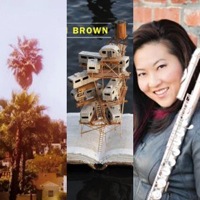
Among the CDs that have landed on my desk in recent weeks are a few that showcase flute prominently. Here are three artists whose highly individual styles of integrating flute into their compositions perked up my ears.

What makes attending a premiere performance the most exciting concert event that you can experience is the fact that you don’t know what you are going to hear until the music is played. Which is why it ultimately makes no sense when people claim not to like new music.

Every year since 2005, E. J. Decker has produced Heart of Jazz, an assemblage of thirty to forty jazz singers and instrumentalists who get together to honor the memory of those lost in the tragic collapse of the World Trade Center towers on September 11, 2001. Until now, no documentation has existed for these performances. [Video content included.]

Sculptor Richard Serra condemned Stockhausen’s infamous remarks on the September 11 attacks for what he saw as “the aestheticization of terror.” But violence and terror are already thoroughly aestheticized–in music, movies, books, television, video games, and so on. After the fact, others have come to find a kernel of meaning in Stockhausen’s oddly detached musings.

Born and raised in Austin, Travis Weller came up playing violin and listening to all sorts of music, eventually gravitating to sounds and instruments that were well outside the norm. We’ve talked about composition, performance, and curation, but I’d never taken the time to speak with him about the instruments he builds. To remedy that, we sat down and talked about three of his creations: The Owl, The Skiffs, and The Steel Bells.

The potential to link sound to food, scent, and the tactile sensations of the mouth creates an entirely new field of sensory interplay, which may be harnessed to a wide range of expressive ends. Approaches include theatrical narrative structures that might tell a story, spatial or landscape meditations that might resemble a sound installation, and ritual events such as a Passover Seder or a wedding ceremony.

Weekly composing homework? Yes, please. For anyone intrigued by the sonic ideas this type of exercise can generate, your spelunking down the Disquiet Junto rabbit hole is sure to be rewarded. Even for those who don’t want to wade in and create music themselves, with 88 projects already completed, the curious listener has a cavernous library to select from.

Beethoven had always been something of a bête noir for me. Most of his themes seemed insipid, little more than arpeggiated triads and scales. And mind you, I have loved In C, Einstein on the Beach, and pretty much all of minimalism since the first hearing!

Jazz: The Smithsonian Anthology, the latest edition of the seminal collection originally released forty years ago, has the most democratic profile of any of its antecedents, but there are still some questionable inclusions and omissions as well as some curious musical pronouncements in the set’s accompanying annotations, e.g. should Ornette Coleman be called a microtonalist?

The relationship between composer and performer has become increasingly symbiotic over the past three decades. Given that fact, it is curious why one of the largest organizations of musicians in the country would decide to pursue such a negative line of questioning with its membership.

Sometimes it seems like there are two competing strains of experimentalism in new music. In my mind they should be allied, since they both hang out around the same fringes, but more often than not they studiously ignore each other.

Dissolving Images is a great introduction to Mark Gustavson’s compositional aesthetic, one which seamlessly blends heady structural rigor with emotional intensity and humor. Although each of these five pieces—two solos and three chamber works—is strictly notated, some of the material hints at the musical vocabulary of improvisatory traditions ranging from early jazz to Middle Eastern maqam and other non-Western idioms.

Whatever genre of music he is engaging in, Derek Bermel is always mindful of its context. That mindfulness, coupled with an insatiable musical curiosity, manifests itself whether he is composing music for an orchestra, playing clarinet with various chamber ensembles, singing in his own R&B band, or jamming with traditional musicians from around the world.
